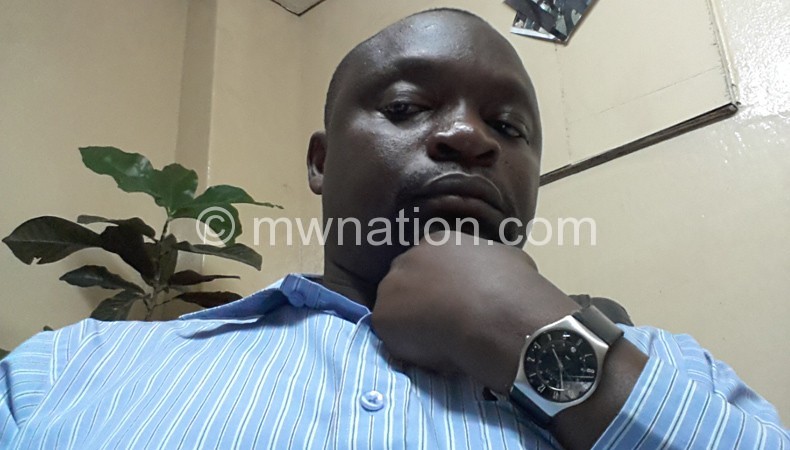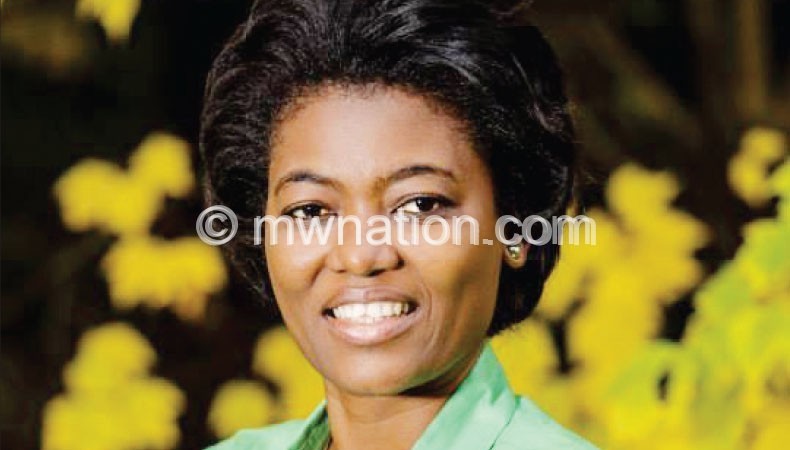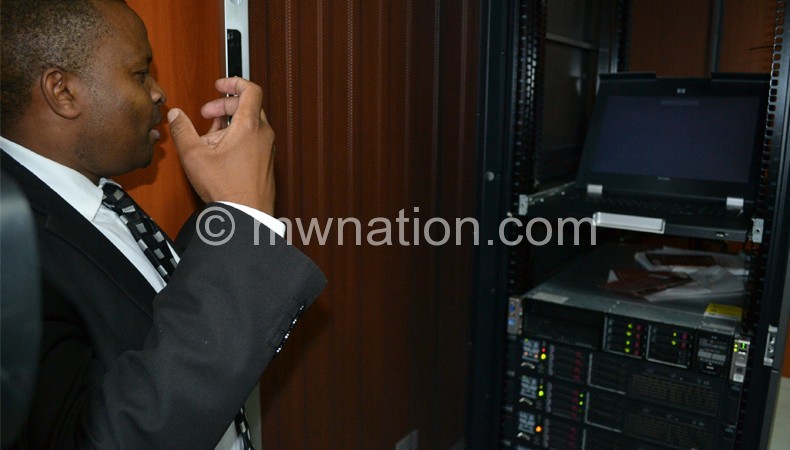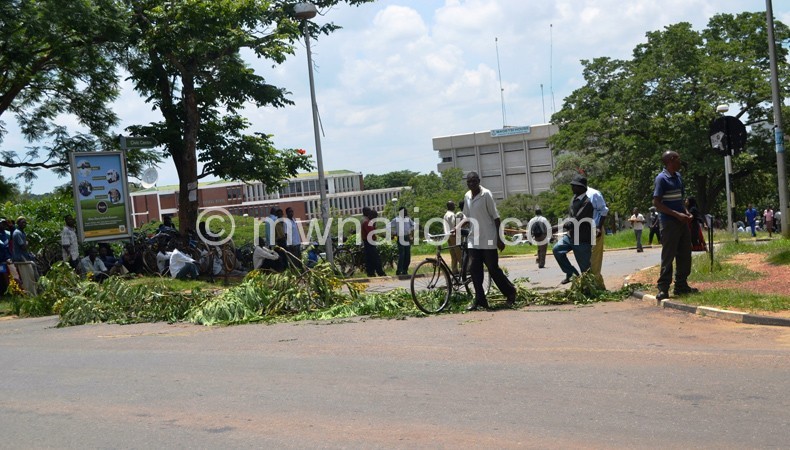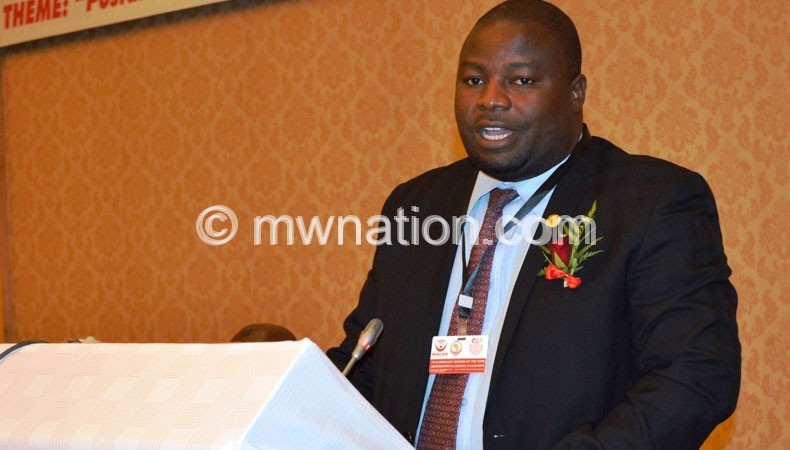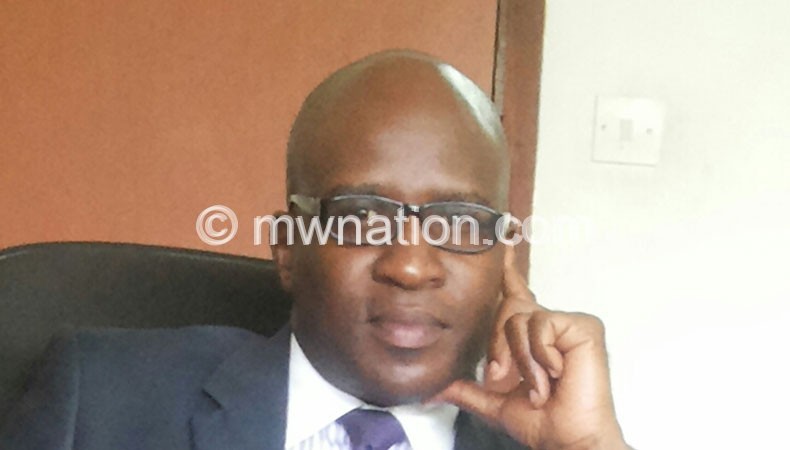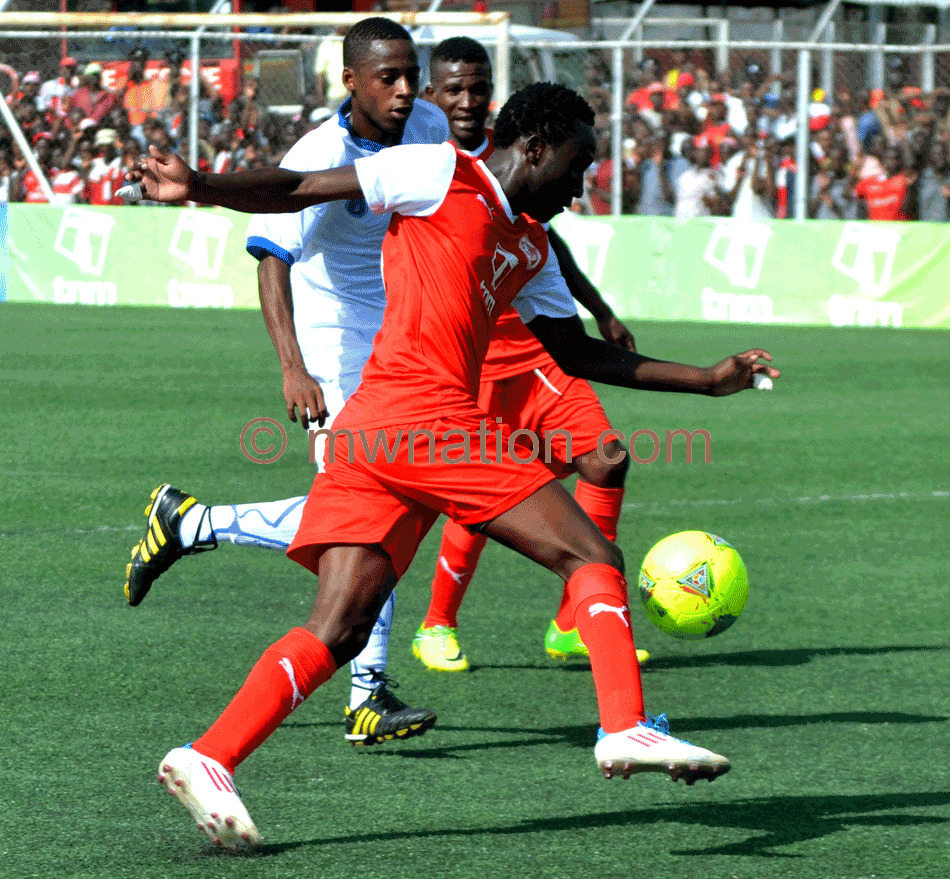
–BB qualify 3-2 on aggregate
Big Bullets FC today survived Fomboni de Mahel’s scare when they gave up a two-goal first half lead to be held 2-all, but still scraped through to the first-round of the CAF Champions League on 3-2 aggregate having won the first leg 1-0 away in Moroni, Comoros.
 It was the stuff of footballing fantasy as the visitors trailed 2-0 at interval before a packed Kamuzu Stadium, but roared back like unstoppable force of nature to draw level in a contest that drove the big turnout into a bewildering gut of emotions.
It was the stuff of footballing fantasy as the visitors trailed 2-0 at interval before a packed Kamuzu Stadium, but roared back like unstoppable force of nature to draw level in a contest that drove the big turnout into a bewildering gut of emotions.
After a rather slow start, Bullets shrugged off some early lethargy and moved the ball around with remarkable grace with Dalitso Sailesi and Tizgobere Kumwenda at the heart of their best moves, but there was no end product in terms of goals.
And as time ticked on, the huge turnout that included Sports Minister Grace Chiumia and her Energy and Mining counterpart Atupele Muluzi, oozed with anxiety.
 Then it came. A cross that was floated with precision by captain Fischer Kondowe from the right in the 36th minute saw Victor ‘Vibre’ Limbani swing upfield to plant home the opener to send the stadium into delirium.
Then it came. A cross that was floated with precision by captain Fischer Kondowe from the right in the 36th minute saw Victor ‘Vibre’ Limbani swing upfield to plant home the opener to send the stadium into delirium.
The goal inspired the hosts and there was an interlude of spellbindingly beautiful movement and passing from a team soaring with confidence backed by overwhelming home support.
Then seven minutes later, the People’s team added the second goal following a defensive error by Fomboni’s Ali Faidine and Tizgobere Kumwenda ghosted in like a sneak thief to shoot past helpless ‘keeper Velonjara Salimo– it was all simple.
Precisely what gentle words were delivered during half time pep talk remain firmly in the classified category, but suddenly there was renewed purpose from the visitors who were buoyed by a handful of ganyu fans.
Bullets lost the plot as complacency crept in thinking they were home and dry—how wrong they were!
And just eight minutes into the second half Marius Alphonse pulled one back for Fomboni, albeit in slightly bizarre circumstances when the defence and goalkeeper Vincent Gona were caught napping allowing the slippery forward to dink the ball on the far post.
Barely two minutes later, Mozambican referee Anibo Amando Antonio awarded Fomboni a penalty after Yamikani Fodya, who otherwise had a good game, fouled a dangerously advancing Asser Abdallah and Alphonse made no mistake, sending Gona the wrong way.
Sensing danger, Bullets made a double substitution, taking off Henry Kabichi and Jaffalie Chande for James Chilapondwa and Mussa Manyenje respectively, but still Fomboni frustrated the People’s team with their zonal marking and Bullets survived by the skin of their teeth when the referee blew the final whistle.
Bullets coach Nsazurwimo Ramadhan attributed the loss to complacency.
“When we scored the second goal, we got carried away, thinking that it was over. We also lost concentration and the result and performance had given us plenty of food for thought,” Ramadhan told The Nation.

Kamuzu Stadium was full today and could not take in more BB fans, gates had to close early due to reduced capacity of the ground currently under renovations
“Bullets thought they had already won the game and became too casual and we capitalised on that and picked ourselves up.
“It is the end of the road for us, but we have bowed out with our heads held high knowing that we put up a spirited performance in the return leg. Afterall, this was only our first attempt in the CAF tournament and it was a good learning experience,” said Phiri.
The post BB give away two goal lead to draw with Fomboni appeared first on The Nation Online.




